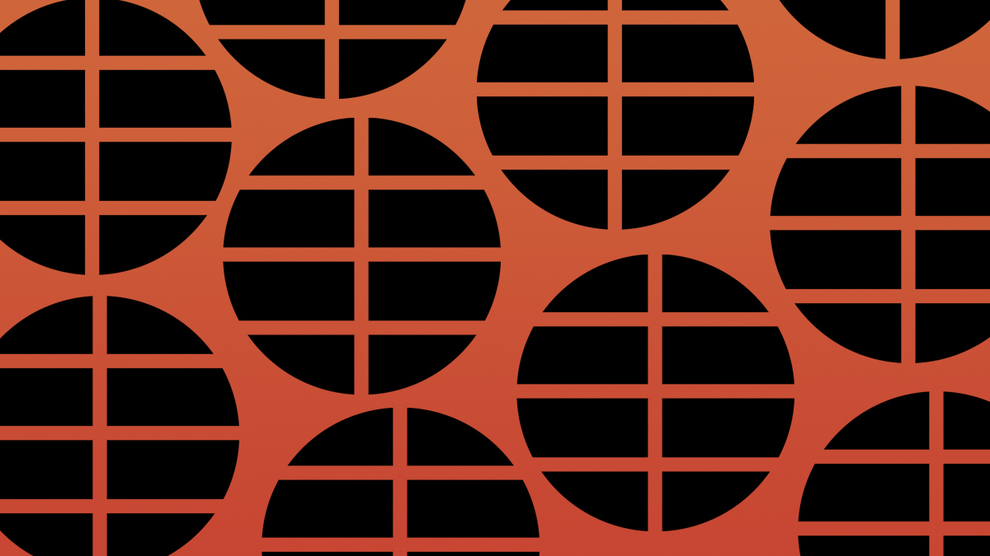ROOM OF MAPS |
CHAPTER VII: Geopolitics of tomorrow: the world that will come after the pandemic
MAP ROOM (IV). Putin's Russia, the regime of an old-school spy
70 years ago today, in the process of decolonization,
the newly created United Nations promoted a world without vassals or dictators, a world of free and autonomous nations
. Following the example of India, many states dependent on empires and metropolises, be it the USSR or the capitalist bloc, took a step towards independence.
An elite of leaders trained in the best European schools took the lead in these processes.
The world fresh out of World War II sought to expand democracy and its elections.
But that dream today has turned into a nightmare.
Just take a look at the members of the United Nations to realize
that they can be divided into three
: those ruled by strong and established dictatorships, those who have elections but whose winner is written before voting, and full democracies.
Unfortunately,
the latter are the least representative of the club.
Is the planet a club of dictators?
Is the world an increasingly hostile place against democracy?
What advantages do dictatorships find over democratic governments at this moment in history?
With Putin, Xi Jinping, Orban and Erdogan, have we returned to an era of new emperors?
To answer these questions, we will talk with the analyst and political scientist José Ignacio Torreblanca, who is also a collaborator of EL MUNDO, and with the historian Florentino Portero, founder of the Strategic Studies Group.
According to the criteria of The Trust Project
Know more
See links of interest
Work calendar
Home THE WORLD TODAY
Coronavirus Spain
Elections
Barcelona - Granada, live
Real Madrid - Anadolu Efes Istanbul
Manchester United - Rome
Villarreal - Arsenal

